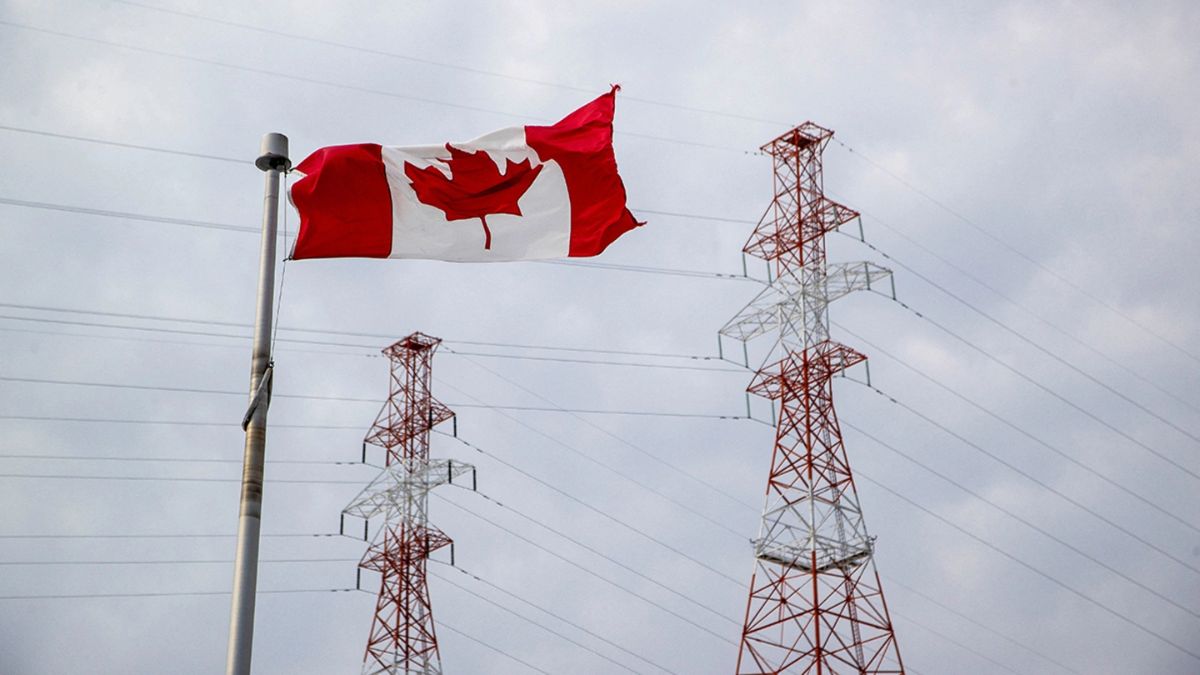Prime Minister Mark Carney announced a sweeping industrial strategy on Wednesday to reinforce Canada’s steel sector as the country faces pressure from escalating U.S. tariffs and shifting dynamics in global steel trade. The new measures aim to curb trade diversion, strengthen domestic supply chains, and equip Canadian producers for long-term competitiveness and resilience.
Among the central components of the plan is a tariff overhaul. Canada will reduce steel import quotas for non-free trade agreement (non-FTA) countries to 50% of 2024 levels. Imports exceeding that threshold will face a 50% tariff. FTA partners outside the U.S. can maintain 100% of 2024 import levels but will also be subject to a 50% overage tariff. U.S. imports remain governed by existing USMCA rules. In addition, a 25% tariff will be applied to all non-U.S. steel imports that contain steel “melted and poured in China,” effective by the end of July.
The government will inject $1 billion through the Strategic Innovation Fund to support domestic steel producers in developing advanced products and expanding onshore capabilities. Another $70 million will go toward Labour Market Development Agreements to retrain up to 10,000 workers expected to be impacted by industry shifts and trade exposure.
Financial support will be expanded through Regional Development Agencies and the Business Development Bank of Canada. $150 million will be allocated for regional tariff response funding, and access to low-cost loans will be broadened by lowering eligibility thresholds for the Large Enterprise Tariff Loan program to include more mid-sized firms.
Revised federal procurement policies will direct more infrastructure and construction spending toward Canadian steel producers, ensuring demand is funnelled back into the domestic economy. These changes are intended to promote self-reliance and industrial strength amid prolonged trade tensions and economic uncertainty.
The announcement follows months of unsuccessful negotiations with the United States, where the Trump administration has increased tariffs on Canadian steel to 50%. With no deal in place, Canada’s new strategy seeks to stabilise the domestic steel market and signal long-term industrial commitment. Following the announcement, shares of Canadian steelmaker Algoma Steel Group rose 3.2% in anticipation of a more protected and incentivised operating environment.


